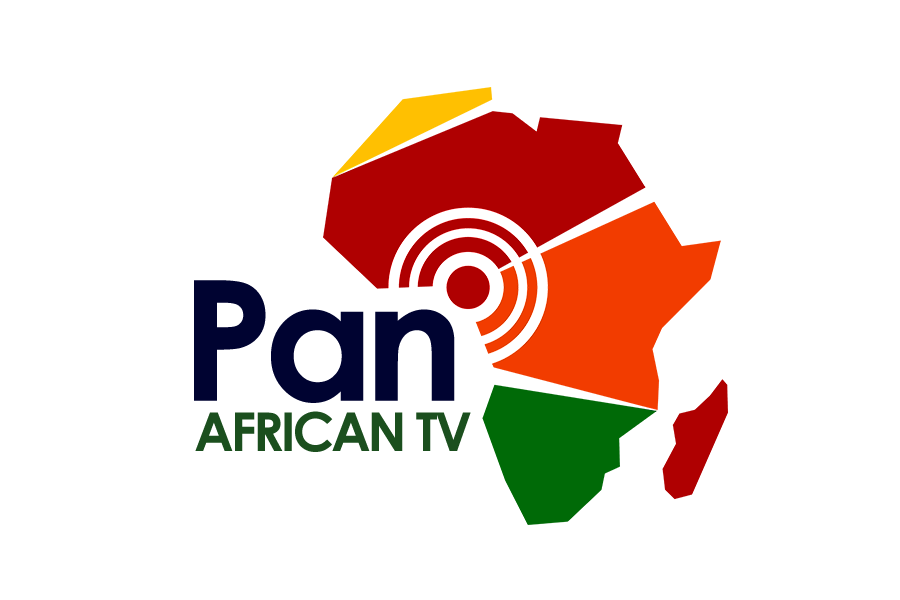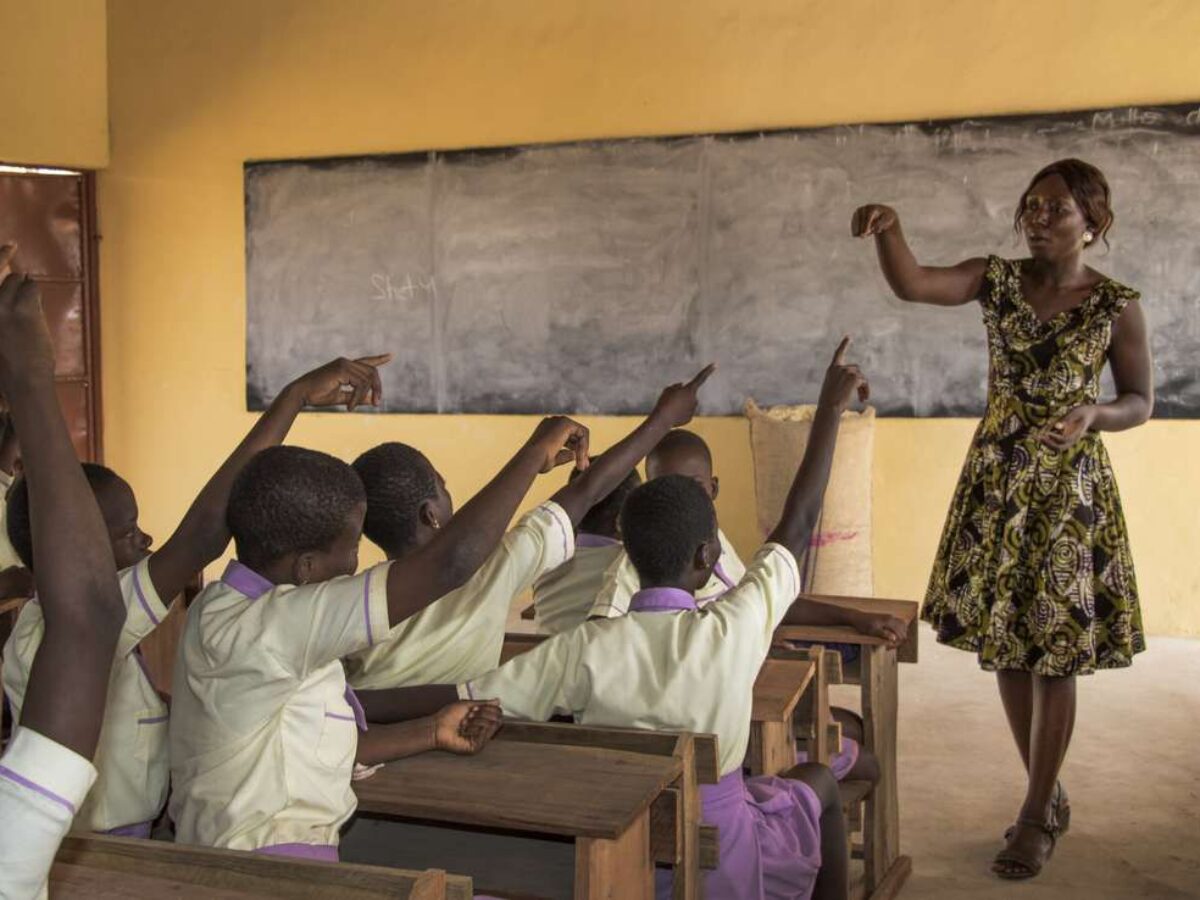The clarification comes in response to widespread public debate following a directive by the sector minister, Hon. Haruna Iddrisu, on the compulsory use of Ghanaian languages in basic schools. The policy announcement had sparked discussions among parents, teachers, and education stakeholders over its interpretation and scope.
Speaking at the launch of the Foundational Learning Action Tracker in Accra, Deputy Minister for Education, Clement Appak, said the clarification was necessary to provide accurate information and ensure consistency in implementation.
“The use of Ghanaian languages as the medium of instruction applies only from Kindergarten to Primary Three, not throughout the entire basic school level,” Deputy Minister for Education, Clement Appak clarifies.
Mr. Appak explained that the intent of the policy is to strengthen foundational learning by allowing children to grasp basic concepts in their mother tongue before transitioning to English as the primary language of instruction in upper primary.
“The approach is evidence-based,” he said. “When children understand what they are taught in a language they already speak, their reading and comprehension improve significantly. This builds a strong foundation for lifelong learning.”
He further emphasized that the policy aligns with Ghana’s existing education framework and global best practices in early-grade literacy development.
Mr. Appak added that the Ministry acknowledges the concerns raised by sections of the public but assured that the directive aims to improve learning outcomes, not to replace English in the long term.
“The goal is not to eliminate English from our classrooms,” he clarified. “It is to help our children master the basics more effectively before moving into English-based instruction.”
The Foundational Learning Action Tracker, launched at the same event, will serve as a monitoring tool to track progress in literacy, numeracy, and overall early-grade performance across the country.
The Ministry reaffirmed its commitment to delivering quality, inclusive education and ensuring that all Ghanaian children acquire the skills necessary to succeed in an increasingly competitive world.
Background:
Ghana’s language policy in education has long promoted the use of local languages in early learning as a bridge to English proficiency. However, renewed emphasis on enforcing the directive this year reignited public debate on how far the policy should extend within the basic education structure.


